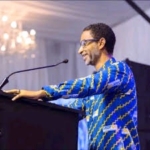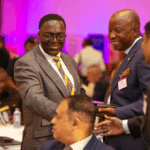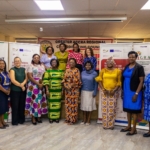
The National Development Planning Commission (NDPC), in collaboration with the Ministry of Gender, Children and Social Protection, the Ministry of Finance, and GIZ, has launched a revised Gender toolkit.
This aims to reinforce the integration of gender equality in Ghana’s sector and district medium-term development plans for the year 2026–2029.
The toolkit provides clear guidance and practical tools to help policymakers and local authorities ensure that development planning and budgeting processes are inclusive, gender-responsive, and aligned with national priorities.
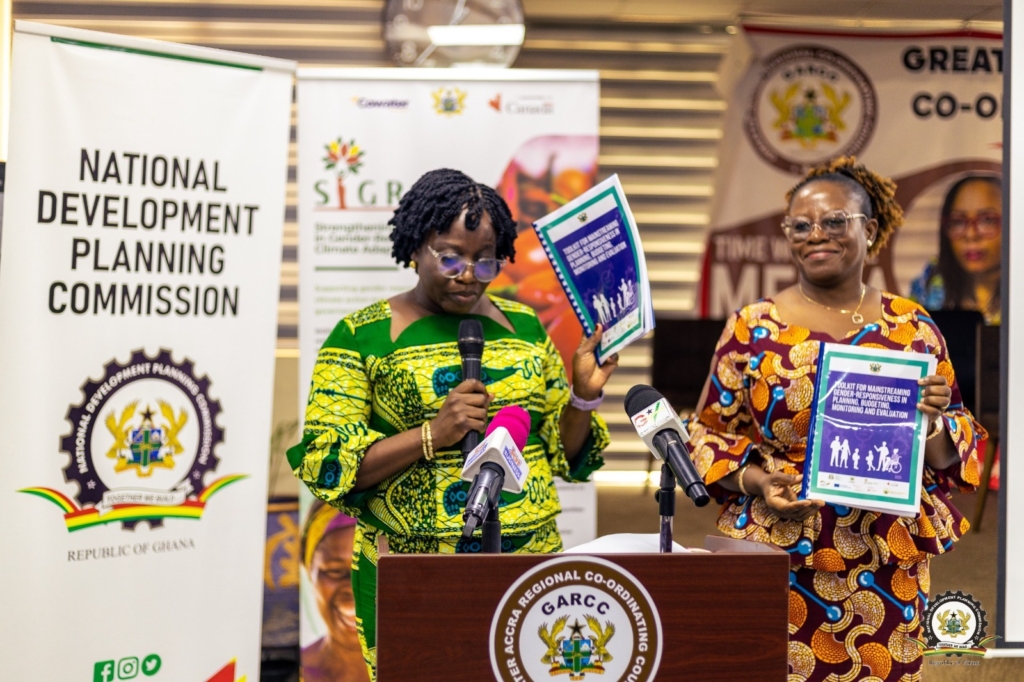
At the launch in Accra, representatives from NDPC, government ministries, regional coordinating councils, metropolitan, municipal and district assemblies (MMDAs), and development partners reaffirmed their commitment to addressing gender disparities in Ghana’s development agenda.
Director-General of the NDPC, Dr. Audrey Smock Amoah, described the toolkit as a “practical operational manual” that reaffirms Ghana’s commitment to equity and justice. She added that it supports the effective implementation of the Affirmative Action (Gender Equity) Act, 2024 (Act 1121).
Component Manager of the Participation, Accountability and Integrity for a Resilient Democracy (PAIReD) programme, Laetitia Erny, emphasized that “the toolkit embeds gender perspectives into planning and budgeting as a core element rather than an afterthought.”
She said it also aligns with Ghana’s national development goals and global frameworks such as the Sustainable Development Goals (SDGs).
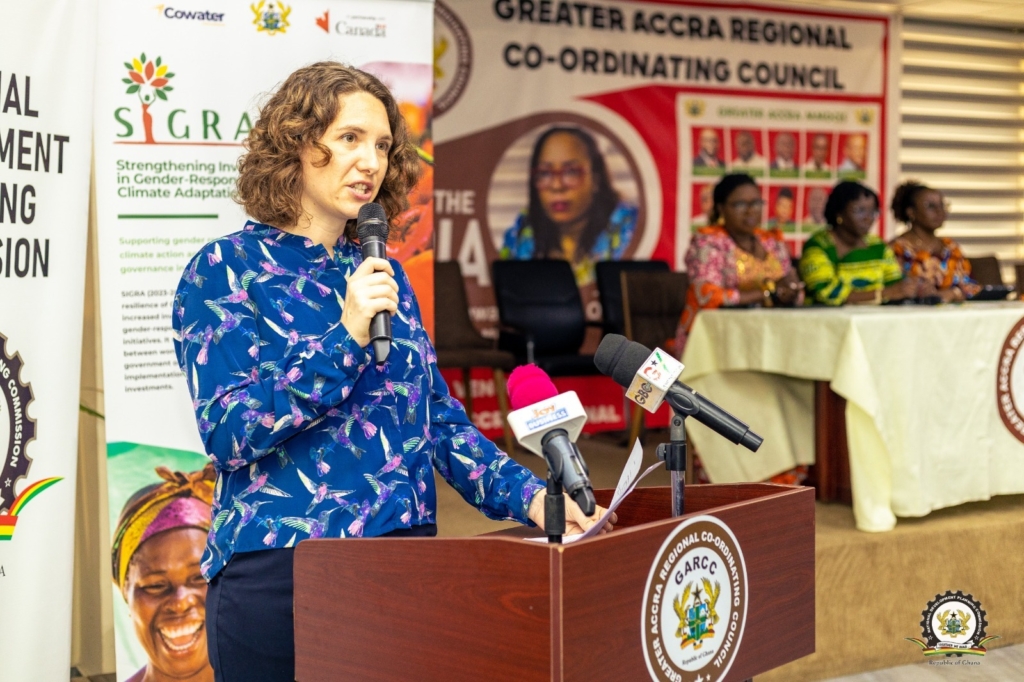
The revised toolkit, aligns with NDPC’s medium-term development planning guidelines. It also aims to reduce barriers to women’s economic participation, promote inclusive governance, and drive sustainable national development.

